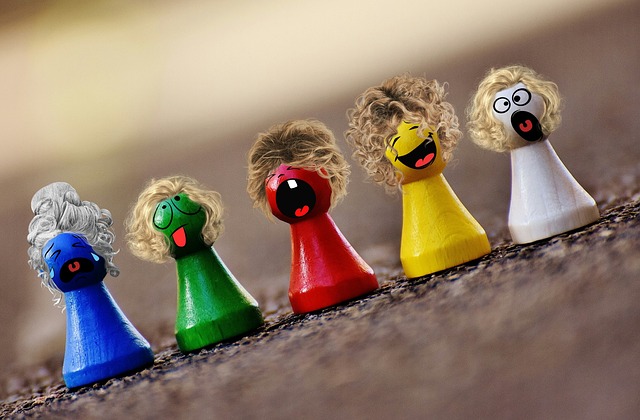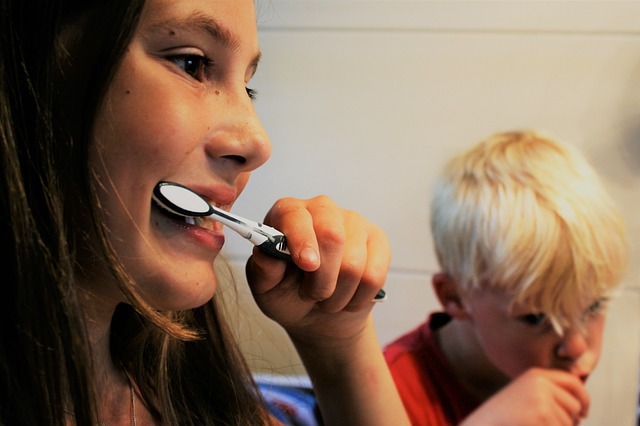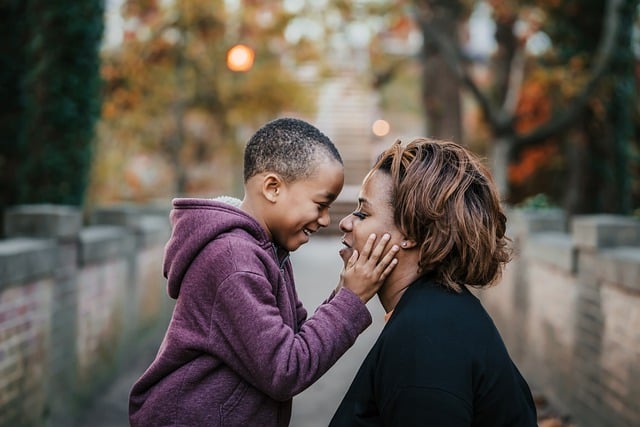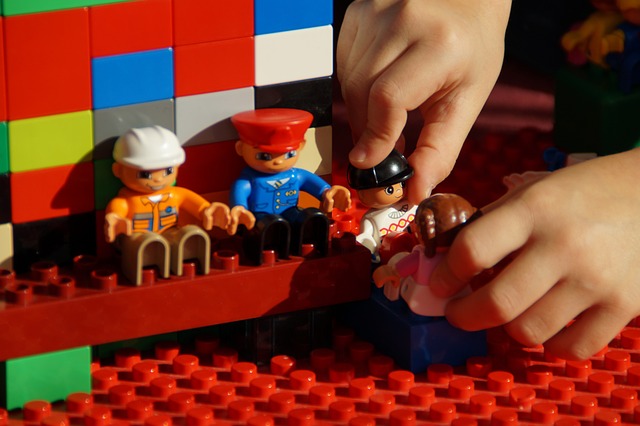
Holiday toys/games I recommend on Amazon:
6-12 month+: Piggy Bank: https://a.co/d/cj4IcuR Sorting Shapes: https://a.co/d/c6aO5ej Buckle Toy: https://a.co/d/5bfqGQI Stacking Cups: https://a.co/d/9iDF3NZ Feed the Fish: https://a.co/d/ePFekzO Toddlers/Young: Sequence For Kids: https://a.co/d/5BxINjE Balloon Launcher: https://a.co/d/aZwHCiF Pretend Play Ice Cream: https://a.co/d/gGvhT5b Let’s Go Fishing: https://a.co/d/e8ZS2I2 Dino Launcher: https://a.co/d/6UfnrGD Zingo: https://a.co/d/eM0lS7P Sorting Baskets: https://a.co/d/2gOm1gu Frankie’s Food Truck: https://a.co/d/eTCPotp Elementary Aged: Taco Cat Goat Cheese Pizza: https://a.co/d/jjRz4bS Gravity Maze: https://a.co/d/hEl5To5 Kanoodle: https://a.co/d/5BmK1yP Code Names: https://a.co/d/69ieiNp Tetris: https://a.co/d/favJNuD Quick Pucks: https://a.co/d/d8jDnAn Traffic Jam: https://a.co/d/1VXnEf7 Connect Four *Spin: https://a.co/d/947j1Vo Left Center Right: https://a.co/d/caAetAB Teens: The Game of Things: https://a.co/d/21TA4BC What Do You Meme?: https://a.co/d/iJT3nAb Catan: https://a.co/d/fgVl4al Wordle Board Game: https://a.co/d/bmxKjas Mind the Gap: https://a.co/d/bFUG1nZ










